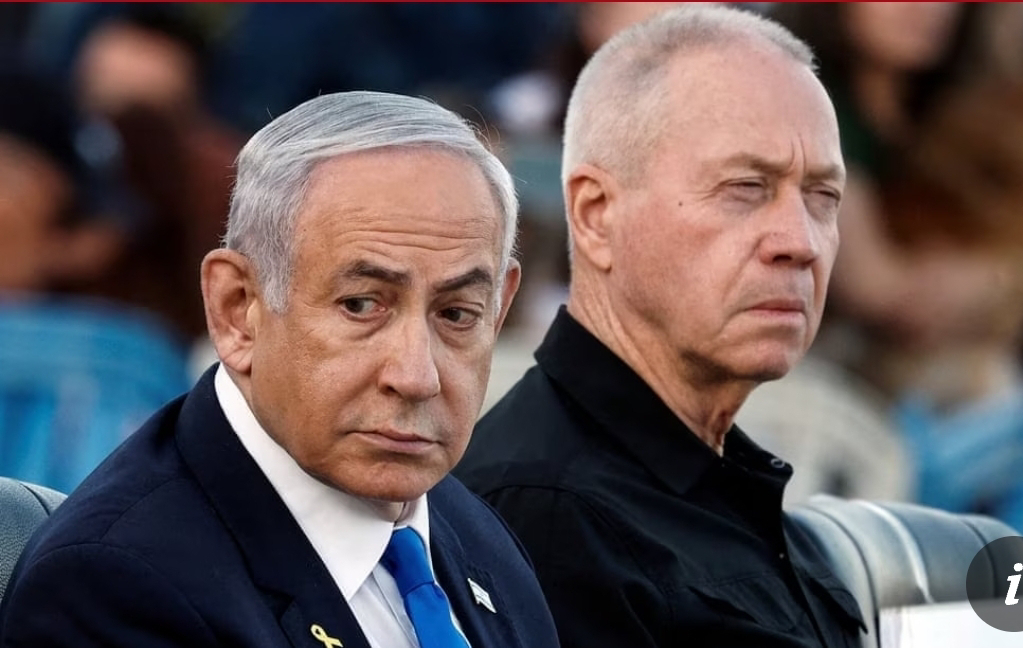US and Israel Reject ICC Arrest Warrant for Netanyahu Amid Rising Global Compliance
The United States and Israel have strongly opposed the International Criminal Court (ICC) warrant issued for the arrest of Israeli Prime Minister Benjamin Netanyahu. The warrant, tied to alleged war crimes, has also named former Defense Minister Yoav Gallant and Hamas leader Mohammed Deif.
ICC’s Allegations and Warrants
The ICC alleges that Netanyahu and Gallant bear responsibility for actions during the recent Israel-Gaza conflict that may constitute war crimes, including civilian casualties and the targeting of non-military infrastructure. Additionally, Mohammed Deif, the military leader of Hamas, is accused of crimes linked to the October 7 attacks and other incidents involving civilian harm.
Global Reactions to ICC Warrant
While the United States and Israel have rejected the ICC’s authority in this matter, several countries have signaled their willingness to comply with the arrest warrants. Notably, the United Kingdom is expected to abide by the ICC’s request should Netanyahu visit its territory. Other nations have begun discussions on the implications of adhering to the ICC's directive, highlighting a divide between countries that recognize the court's jurisdiction and those that do not.
US and Israeli Stance
Israel, which is not a signatory to the Rome Statute establishing the ICC, has dismissed the warrant as politically motivated. Prime Minister Netanyahu has described the ICC’s actions as “a travesty of justice,” while the Israeli government has pledged to protect its officials from arrest or prosecution abroad.
The United States, a key ally of Israel, has similarly rejected the ICC's move. A State Department spokesperson reaffirmed Washington’s position, stating, “The ICC does not have jurisdiction over non-member states unless referred by the UN Security Council, which has not occurred in this case.”
Broader Implications
The warrants underscore the growing scrutiny of actions in the Israel-Palestine conflict. Supporters of the ICC argue that holding leaders accountable is essential for justice and deterrence of future crimes. Critics, however, claim the ICC disproportionately targets certain nations while ignoring others.
As tensions rise, the warrants may complicate diplomatic engagements, with affected officials potentially avoiding travel to ICC-compliant nations. The unfolding scenario raises questions about the effectiveness of international law enforcement mechanisms when faced with geopolitical resistance.
Next Steps
It remains to be seen how the ICC will enforce the warrants, particularly against leaders of nations that do not recognize its authority. Meanwhile, the debate over the role and jurisdiction of the ICC in conflicts continues to intensify on the global stage.




Comments
Post a Comment